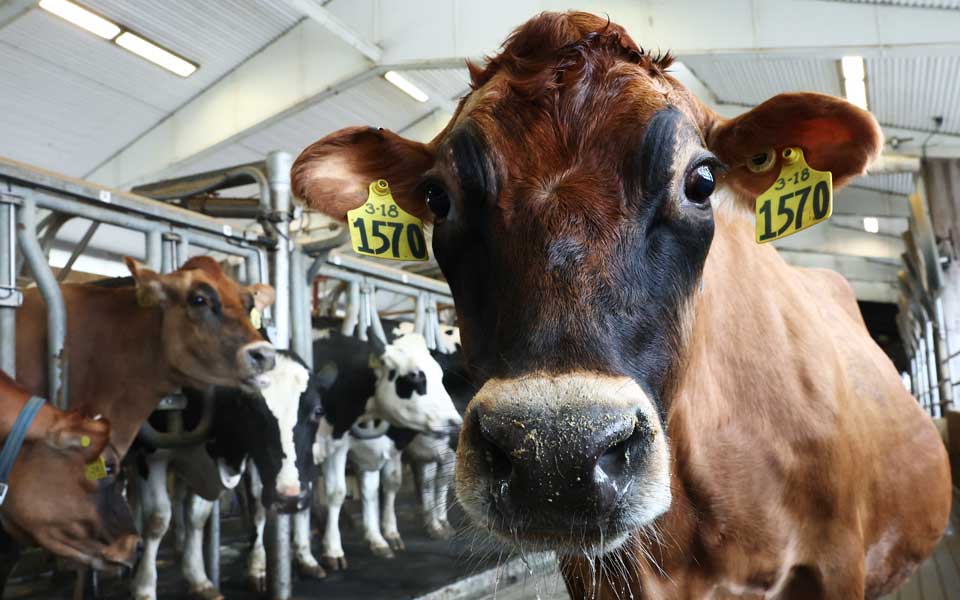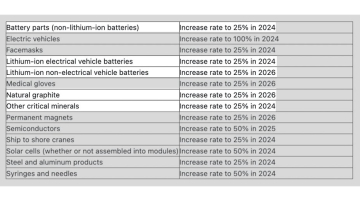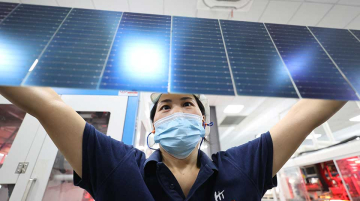
A Chinese scholar argues that the sacred status of milk in India was a key reason the U.S.–India tariff negotiations fell apart. In India, milk is not just food but a symbol of purity and divinity, deeply tied to Hindu rituals and identity. According to Wang Se, an associate researcher at the Institute of South Asian Studies at the CPC-run China Institutes of Contemporary International Relations, U.S. demands for dairy market access clashed with religious beliefs and the ideological core of the Modi government.
Last Wednesday, President Trump announced a 25% tariff on Indian imports effective August 1, accusing India of imposing excessive tariffs, non-tariff barriers, and expanding energy and arms ties with Russia. Despite five rounds of negotiations since April and earlier optimism from Indian Foreign Minister S. Jaishankar, the two sides failed to reach even a limited trade agreement before the deadline.
Wang points to India’s refusal to open key markets, especially agriculture and dairy, as the most immediate reason. Unlike Japan or South Korea, which made significant concessions to the U.S. in past deals, India resisted pressure on politically sensitive goods.
For the BJP, which positions itself as the guardian of Hindu values, allowing such imports would have been tantamount to betraying its ideological base.
India’s agricultural sector remains dominated by smallholder farmers, whose livelihoods depend on trade protections. Liberalizing food imports could devastate millions, especially with cheap American goods flooding the market. The 2024 general election left Modi’s BJP in a weaker position, reliant on coalition partners, further limiting his room for maneuver.
But the dairy issue was even more explosive. As Wang notes, milk is not only an economic commodity but a spiritual substance in India. Hindu tradition dictates that cows must be fed only vegetarian food to ensure the purity of the milk, used in temple rituals and daily worship. American dairy cows, however, are often raised on diets that include blood meal and bone powder, which are regarded as anathema to devout Hindus.
For the BJP, which positions itself as the guardian of Hindu values, allowing such imports would have been tantamount to betraying its ideological base.
At a deeper level, Wang argues, India’s resistance stems from its long-standing principle of strategic autonomy. While India views the U.S. as a critical partner in balancing China, it refuses to be seen as Washington’s subordinate. Its independent stances on Russia, Iran, and the Ukraine war reflect this mindset. The same applies to trade. New Delhi is willing to make selective concessions, but it will not compromise on issues that cross its red lines.
Why Is This Important?
As Washington deepens its engagement with India to counter China, this analysis offers rare insight into how religion, domestic politics, and strategic autonomy shape India’s red lines, revealing why Western assumptions about partnership may fall short.






